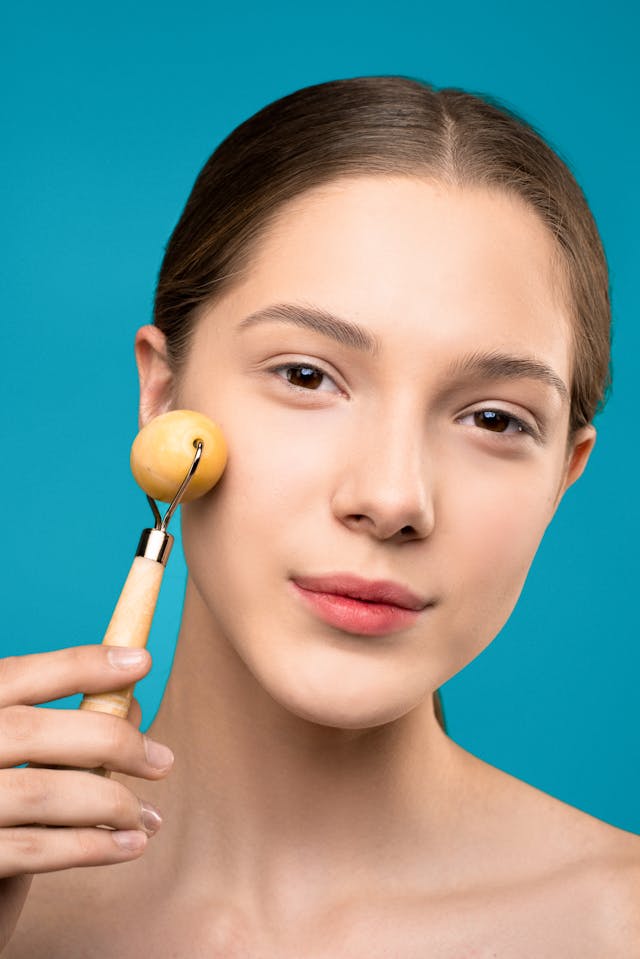Dermatology plays a significant role in maintaining and improving both skin health and appearance. It offers treatments that address a wide range of concerns, from medical conditions to cosmetic goals. With an increased focus on overall wellness, dermatology serves as a bridge between healthcare and personal care, equipping individuals with the tools and knowledge to manage skin effectively.
Dermatology and Skin Health
The field of dermatology encompasses the study, diagnosis, and treatment of skin. Dermatologists focus on keeping skin healthy, addressing concerns that affect appearance, comfort, and functionality. The skin, serving as the body’s largest organ, acts as a barrier against environmental factors, regulates temperature, and provides sensory input. Supporting its health is central to maintaining overall well-being.
Keeping skin hydrated, protecting it from harmful UV rays, and using products suited to specific needs are some of the ways to promote daily skin health. Dermatologists work with individuals to create personalized care routines, balancing prevention and treatment. They analyze skin type, identify needs, and recommend targeted approaches that align with an individual’s goals.
Common Skin Conditions Treated in Dermatology
Dermatology addresses various skin issues that affect people of all ages. Acne, one of the most common conditions, can persist beyond adolescence and lead to long-term effects on the skin. Dermatologists provide options to manage acne, including topical treatments and advanced procedures that target its underlying causes.
Eczema and psoriasis are chronic skin conditions characterized by inflammation and irritation. They require consistent management to maintain comfort and improve skin quality. Dermatologists work with individuals to identify triggers and develop treatment strategies suited to these conditions.
Skin cancer often begins as small, noticeable changes in the skin, such as unusual moles or persistent lesions. Dermatologists conduct screenings to catch these early changes, reducing the likelihood of progression. Other conditions, such as rosacea, skin infections, and pigmentation disorders, also benefit from specialized care.
Connection Between Skin Health and Overall Wellness
Skin reflects overall wellness, functioning as an indicator of underlying health issues. Conditions like dehydration, stress, or nutrient deficiencies often manifest in the skin. Addressing skin health can have an impact beyond appearance, contributing positively to general well-being.
When skin is cared for, it supports better hydration retention, protects against external harm, and maintains balance. Healthy skin minimizes discomfort, such as dryness or irritation, which can interfere with concentration and focus during daily tasks. Dermatologists emphasize the importance of preventive skincare combined with regular checkups to protect and nurture the skin.
Skin health also intersects with mental health. Concerns about skin can lead to self-consciousness or a diminished sense of confidence. When dermatological treatments improve appearance, individuals often experience enhanced comfort in social or professional settings. This connection highlights the widespread effect of healthy and well-maintained skin.
Benefits of Professional Skin Care
Dermatology integrates science and expertise to offer individuals a range of tools for caring for their skin. Whether addressing medical conditions or cosmetic interests, professional care delivers greater precision, understanding, and results. A tailored approach to skincare builds better routines, maximizes efficiency, and supports lasting improvements.
Dermatologists remain informed about innovations, techniques, and products, sharing their expertise with patients. With advances in the field, such as minimally invasive procedures and personalized regimens, dermatology has expanded the ways people maintain and enhance skin health. The combination of strategic prevention and targeted intervention allows individuals to take proactive steps for their skin.
By investing in dermatology, businesses and individuals alike contribute to a culture of well-being. Professionally guided skincare supports confidence, longevity, and the ability to face the day with healthier skin.

